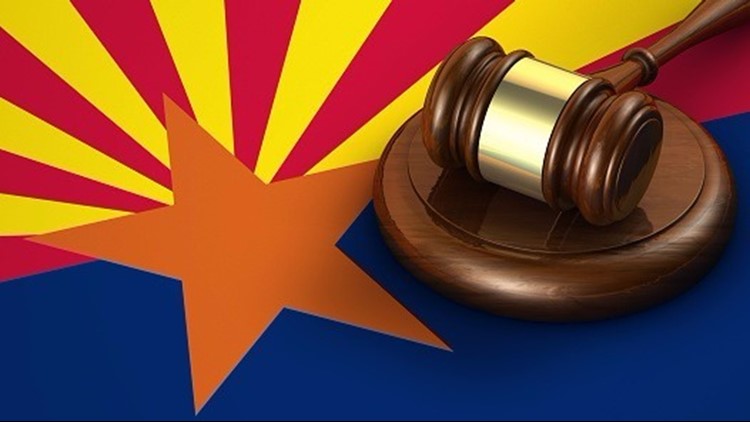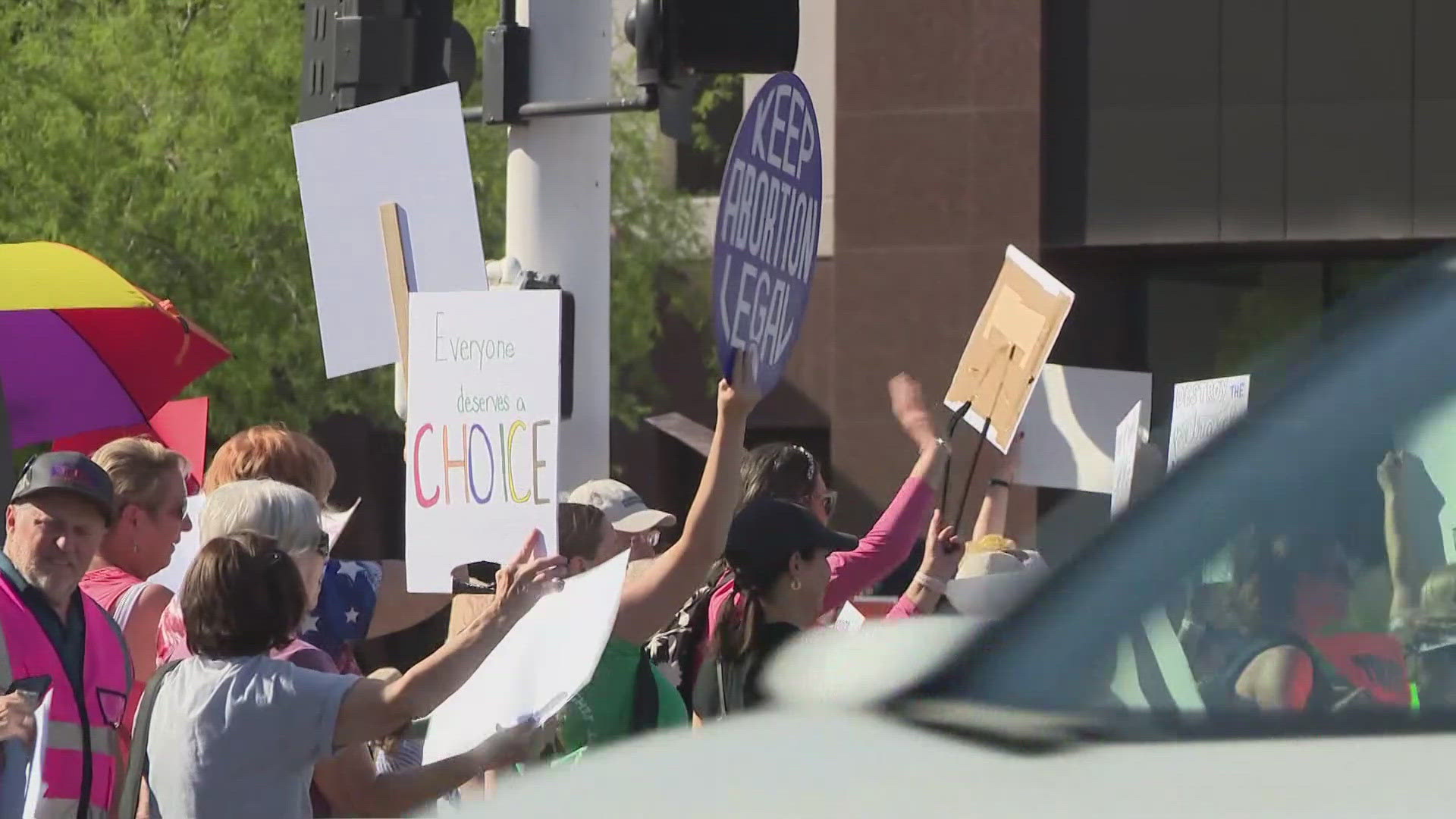PHOENIX — An Arizona lawmaker is proposing a unique potential pipeline for funding a border wall between the United States and Mexico.
House Bill 2444, introduced by Republican state Rep.Gail Griffin, would require companies that manufacture or sell internet devices in Arizona to install blocking software on those devices.
By default, the software would block websites that display "obscene material," including porn, revenge porn or a website that "facilitates prostitution."
The software would not, however, be required to block a website that's "primarily considered a social media and interactive website."
The bill says any manufacturers or sellers that "knowingly violate" the require portion of the proposed law would be "guilty of a class 1 misdemeanor." They could also be subjected to a lawsuit by the attorney general or county attorney for allowing access to the obscene materials.
The bill does offer a way to deactivate the blocking software if the user can prove they are 18 and pay a "onetime fee of at least $20." But companies can "retain an additional charge to deactivate the blocking software."
That $20 fee would be paid to the Arizona Commerce Authority, whose chief executive officer can make annual adjustments to the fee.
According to the bill, the money collected from allowing people to access porn on the internet would go into the John McCain Human Trafficking and Child Exploitation, which would be created by the bill.
The Arizona Commerce Authority CEO, working with the director of the Arizona Department of Public Safety, would provide grants from that fund to "government agencies and private entities that work to uphold community standards of decency for the purpose of strengthening families and developing, expanding or strengthening programs for victims of sex offenses."
At the very top of the list of 10 things the money could be used for, which the bill outlines, is to "build a border wall between Mexico and this state." That, or "fund border security."
Other things the grants could be used for include protecting victims of human trafficking, assisting victims, school districts and law enforcement, compensating crime victims and funding shelters.



